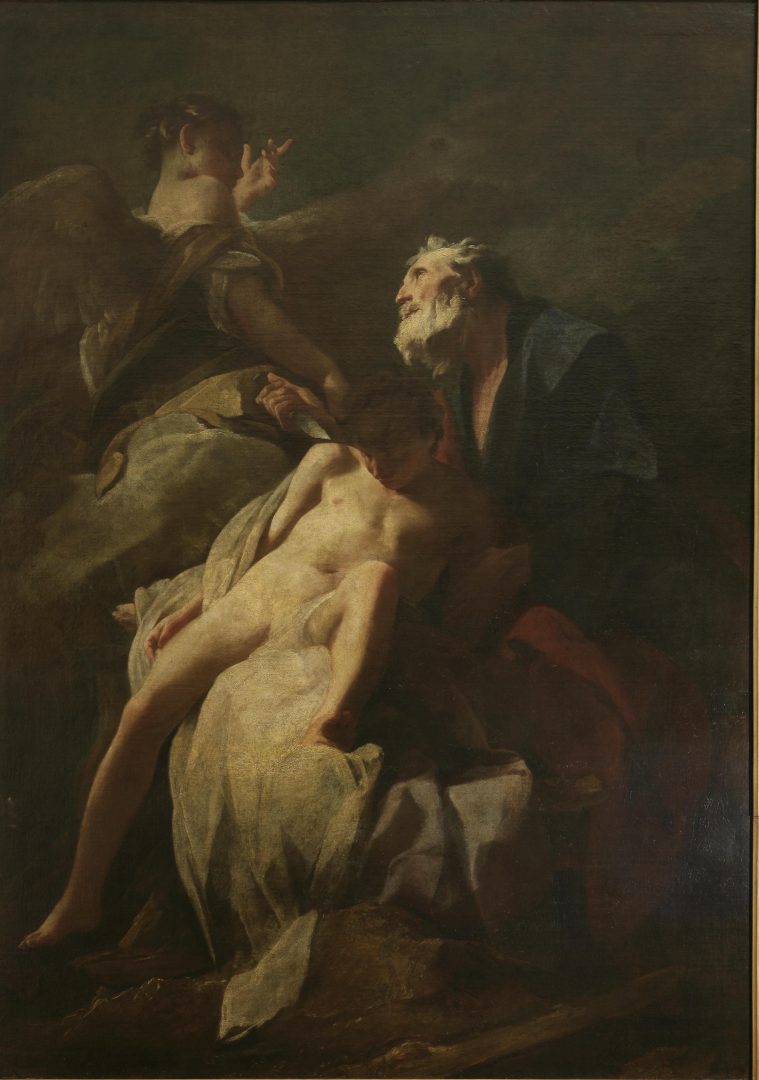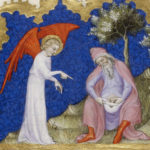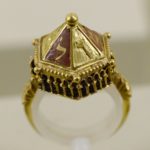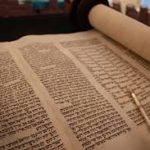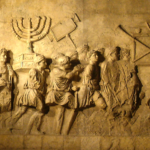The phrase, “Abraham’s seed” tends to bring to mind the vast number of people born to both Abraham and his descendants. However, in reading the following verse, we see that when God made His covenant with Abraham, He did not say seeds, but rather He used the word: seed. The singular, not the plural, and this changes the meaning of the verse.
Genesis 22:18
In your seed, all the nations of the earth shall be blessed, because you have obeyed my voice.
We find the same thing in another verse when God is speaking to Jacob, Abraham’s grandson, in a dream.
Genesis 28:14
And thy seed shall be as the dust of the earth, and thou shalt spread abroad to the west and to the east, and to the north, and to the south: and in thee and in thy seed shall all the families of the earth be blessed.
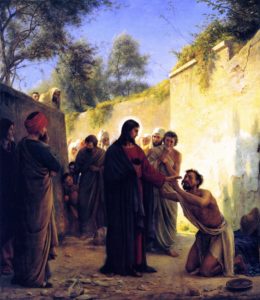 In both verses, God was not talking about all of the descendants of Abraham’s blessing every nation of the earth. He was talking about one descendant, Jesus.
In both verses, God was not talking about all of the descendants of Abraham’s blessing every nation of the earth. He was talking about one descendant, Jesus.
The descendants of Abraham were the Jews through Isaac and the Arabs through Ishmael. These were the sons born to Abraham. The former by Abraham’s wife, a free woman who was the symbol of living under Grace. The latter by a slave woman who was a symbol of living under the law.
Throughout most of history, the Jews have looked on all, but themselves, as Gentiles. The Arabs have looked on all, but themselves, as infidels. Neither has shown any desire to bless anyone other than their own race. They have blessed no nation, with the exception of one descendant: Jesus Christ.
Jesus, who was born a Jew, did wish to bless the Gentile as well as the Jew and the Arab. He came into the world for this reason: to draw all men to the Father. He is the inheritance of all who believe in Him, regardless of birthright, tradition, race or custom.
Jesus is “Abraham’s seed” who was to bless the nations of the earth.
Jesus has blessed the nations of the earth both by His life and teachings and by the offering of His life to pay for our sins. Did Abraham understand this when the promise was given to him? I believe he did because he walked closely with God.

